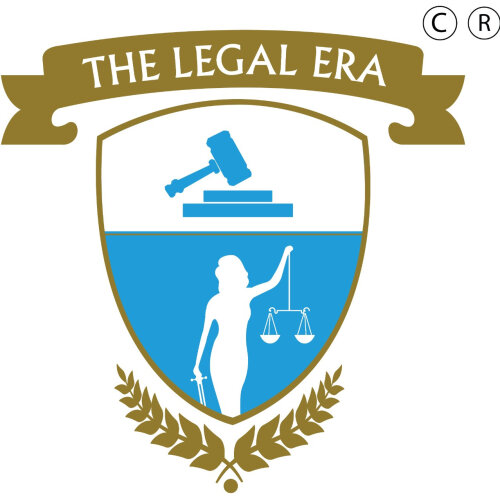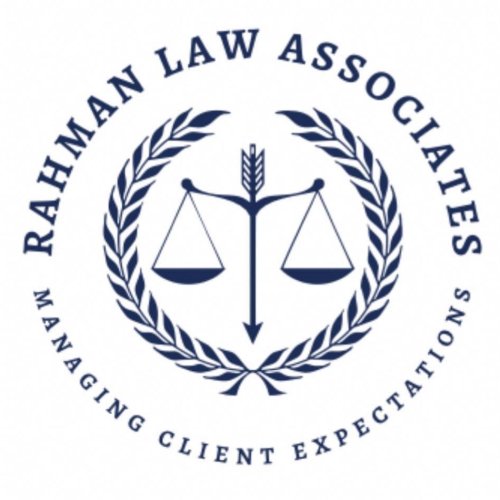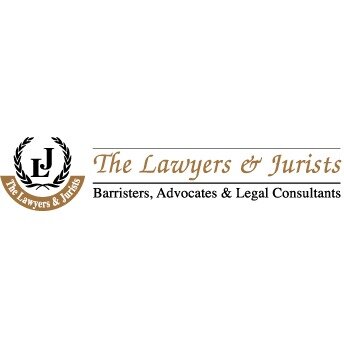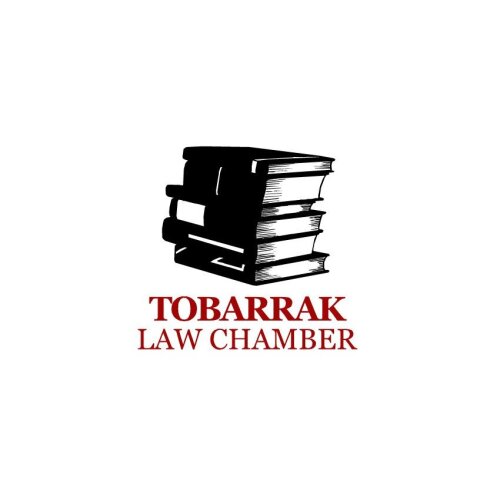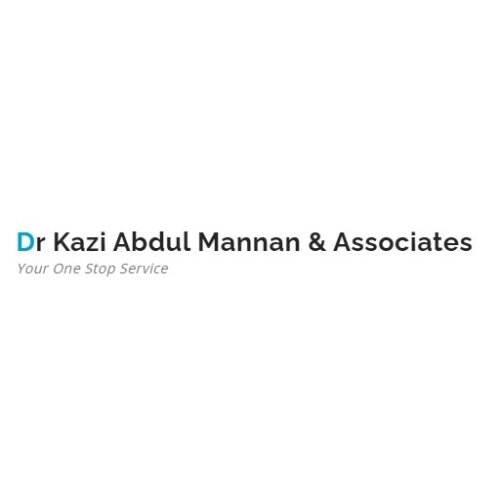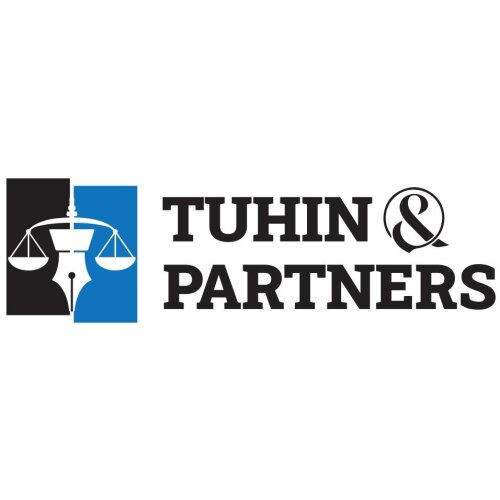Best Due Diligence Lawyers in Bangladesh
Share your needs with us, get contacted by law firms.
Free. Takes 2 min.
Or refine your search by selecting a city:
List of the best lawyers in Bangladesh
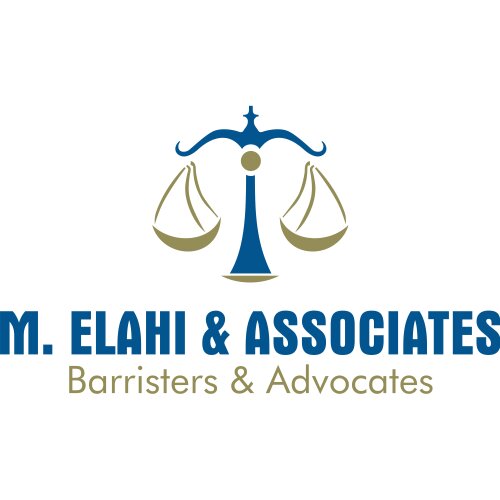
M. Elahi & Associates - A Registered Law Firm in Bangladesh
30 minutes Free ConsultationAbout Due Diligence Law in Bangladesh
Due diligence in Bangladesh refers to the comprehensive appraisal process conducted by stakeholders, typically before entering into a business transaction or investment, to assess the associated risks and benefits. This legal process is crucial in mergers and acquisitions, real estate transactions, and joint ventures. Due diligence helps parties make informed decisions by examining financial records, legal liabilities, and operational practices of the entity in question. In Bangladesh, due diligence encompasses various domains including corporate, financial, operational, legal, and tax considerations.
Why You May Need a Lawyer
Legal assistance in due diligence might be necessary in several scenarios. For instance, during mergers and acquisitions, a lawyer can help identify potential legal risks or liabilities. When investing in property, legal experts can ensure there are no hidden legal hurdles or ownership disputes. In international transactions, understanding local compliance and regulatory requirements is essential, making legal insight indispensable. Lawyers also help decipher complex financial statements, contracts, and compliance issues, ensuring that the transaction aligns with legal and financial norms in Bangladesh.
Local Laws Overview
There are several pivotal aspects of local laws relevant to due diligence in Bangladesh. These include:
- Company Laws: The Companies Act 1994 outlines the formation, responsibilities, and dissolution of companies. Understanding shareholding patterns, director responsibilities, and corporate governance is crucial.
- Property Laws: The Transfer of Property Act 1882 and the Registration Act 1908 govern property transactions, ensuring clear title and lawful transfer.
- Tax Compliance: Due diligence must consider tax obligations under the Income Tax Ordinance 1984 and the VAT Act 1991 to avoid future liabilities.
- Environmental and Labor Regulations: Understanding compliance with local environmental laws and labor laws is important, especially for industrial operations.
Frequently Asked Questions
1. What is the purpose of conducting due diligence?
The primary purpose is to gather comprehensive information about a business entity, asset, or investment opportunity to make informed decisions and minimize risks.
2. How long does due diligence take in Bangladesh?
The duration can vary significantly depending on the transaction's complexity, often ranging from a few weeks to several months.
3. What are the key areas assessed in due diligence?
Due diligence typically covers financial, legal, operational, and compliance aspects of the entity or transaction.
4. Can I conduct due diligence without a lawyer?
While possible, it is inadvisable, given the complexity of legal and regulatory compliance. A lawyer ensures thorough examination and risk assessment.
5. What documents are typically required in a due diligence process?
Documents include financial statements, tax returns, contracts, company charters, property deeds, and compliance records.
6. Are there any industry-specific considerations in due diligence?
Yes, each industry may have unique regulatory requirements or risks that need specific attention during due diligence.
7. How does due diligence impact mergers and acquisitions?
Due diligence is critical in identifying potential risks, negotiating terms, assessing valuation accuracy, and ensuring legal compliance.
8. What risks are typically identified in due diligence?
Common risks include financial discrepancies, legal liabilities, non-compliance with regulations, and operational inefficiencies.
9. How is due diligence in Bangladesh different from other countries?
Due diligence in Bangladesh may have specific focus areas, such as adherence to local property and company laws, financial transparency issues, and environmental compliance.
10. What are the consequences of inadequate due diligence?
Inadequate due diligence can lead to unexpected financial liabilities, legal disputes, regulatory fines, and unsuccessful transactions.
Additional Resources
For those seeking further assistance, consider consulting the following resources:
- Bangladesh Securities and Exchange Commission (BSEC): Provides regulations and guidance for financial markets.
- Registrar of Joint Stock Companies and Firms (RJSC): Offers services related to company formation and compliance tracking.
- National Board of Revenue (NBR): Key resource for tax-related information and compliance in Bangladesh.
- Ministry of Law, Justice and Parliamentary Affairs: Oversees the legal and judicial framework in Bangladesh.
- Local Chambers of Commerce: Provides networking opportunities and legal assistance in business matters.
Next Steps
If you're considering seeking legal assistance in due diligence, start by identifying the specific scope of your requirement, such as transactional, tax, or property-related due diligence. Engagement with a lawyer or legal firm with expertise in Bangladeshi laws and the specific nature of your transaction is the next strategic step. Set up initial consultations to gauge their expertise, discuss terms and timelines, and clarify the legal costs involved. Finally, ensure all agreements made during this process are documented clearly and concisely to ensure smooth navigation through the legal landscape of due diligence in Bangladesh.
Lawzana helps you find the best lawyers and law firms in Bangladesh through a curated and pre-screened list of qualified legal professionals. Our platform offers rankings and detailed profiles of attorneys and law firms, allowing you to compare based on practice areas, including Due Diligence, experience, and client feedback.
Each profile includes a description of the firm's areas of practice, client reviews, team members and partners, year of establishment, spoken languages, office locations, contact information, social media presence, and any published articles or resources. Most firms on our platform speak English and are experienced in both local and international legal matters.
Get a quote from top-rated law firms in Bangladesh — quickly, securely, and without unnecessary hassle.
Disclaimer:
The information provided on this page is for general informational purposes only and does not constitute legal advice. While we strive to ensure the accuracy and relevance of the content, legal information may change over time, and interpretations of the law can vary. You should always consult with a qualified legal professional for advice specific to your situation.
We disclaim all liability for actions taken or not taken based on the content of this page. If you believe any information is incorrect or outdated, please contact us, and we will review and update it where appropriate.
Browse due diligence law firms by city in Bangladesh
Refine your search by selecting a city.



